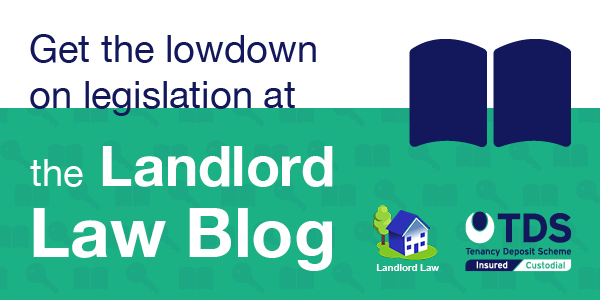The popular perception of landlords is that they have an easy life. Simply because they can afford to buy a property, this means that they can just sit back and wait for the money to come rolling in.
If only! If you are a landlord, you will know – it is not as easy that. There are all sorts of things that can go wrong, from broken showers to tenants losing their keys to tenants to paying their rent. Plus there are a plethora of regulations that must be complied with – and which landlords ignore at their peril.
This blog series, which will run on the third Thursday of every month throughout 2017, will be looking at many of the issues that landlords face and hopefully providing some answers. In this introductory article, I will run through a couple of technical issues.
What is a tenancy?
Or rather – do you have a tenancy or a license?
A tenancy is ownership of a ‘legal interest’ in land. There are two ‘legal interests’ in land that can exist:
- An ‘estate in fee simple’ or freehold. This is where you ‘own’ a house or piece of land, or
- A ‘term of years’ or leasehold. This is where you own the land for a period of time, after which it goes back to the person who granted the lease
A license on the other hand, is just permission to stay somewhere, which means that you are not a trespasser.
This series of blog posts will be focusing on tenancies. Most situations where a landlord rents property to someone will be a tenancy – even if the landlord and the tenant think it is a license! This is because the law looks to what actually happens and circumstances of the letting, rather than to what is written on a piece of paper the parties may have signed.
I’m not going to say any more about this here, but if you want to know more then there are several posts on my Landlord Law blog about this.
This problem often arises with rent to rent and property guardian arrangements. Sometimes these may be licenses, but not always.
The difference between civil and criminal law
When there is a law or regulation requiring you to do something, generally the regulation or legislation will provide for something bad to happen if you don’t do it. What this ‘bad thing’ is, will depend on whether the non-compliance is a criminal offence or a ‘civil wrong’.
One of the confusing things about landlord and tenant law is that some laws have civil penalties and some criminal penalties.
Examples of civil penalties are:
- Breach of the tenancy deposit rules – here the tenant can claim an award of up to 3x the deposit through the civil courts
- Breach of the landlords statutory repairing covenants in s11 of the Landlord & Tenant Act 1985 – this will allow the tenant to claim compensation (and sometimes an injunction requiring the landlord to do the work) through civil courts
So for civil wrongs, your remedy is to bring some sort of claim through the County Court
Examples of criminal penalties are:
- Failure to get a license for an HMO property which requires a license
- Failure to comply with the HMO management regulations
- Failure to comply with an ‘Improvement notice’ served on you by the Local Authority if a ‘Housing Health and Safety Rating System’ inspection has thrown up ‘category one or two hazards’ which you have not put right
If you want to read more about the difference between civil and criminal law you can see this post here.
That’s all for this introductory article. I will be back again in March when I will be writing about preparing your property to let. I’ll see you then!
In the meantime you can find me at www.landlordlaw.co.uk, my Landlord Law Blog at www.landlordlawblog.co.uk and on twitter @TessaShepperson.
Tessa Shepperson
Tessa is a lawyer specialising in landlord & tenant law and runs the popular Landlord Law online service for landlords.
Other news stories



